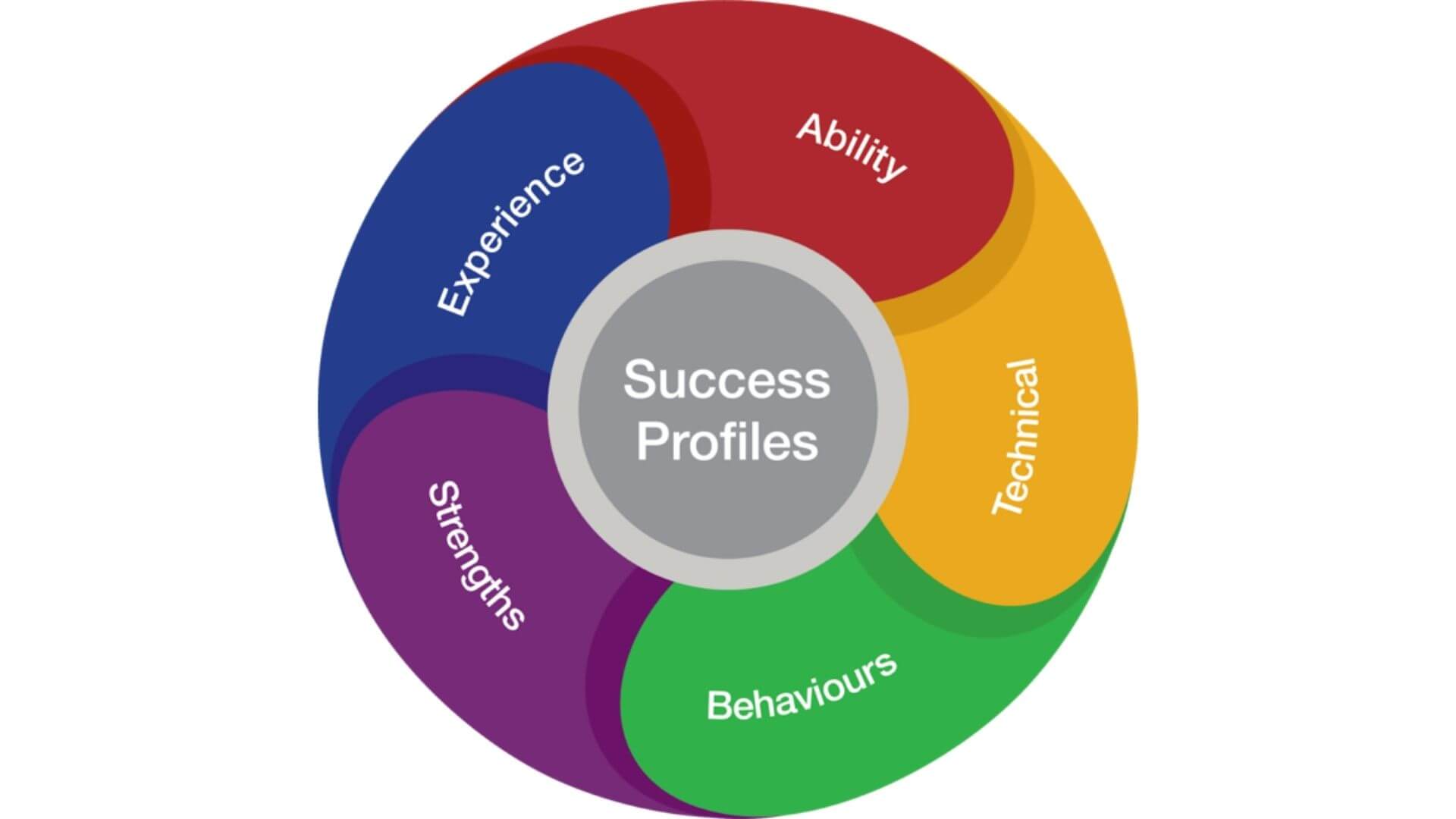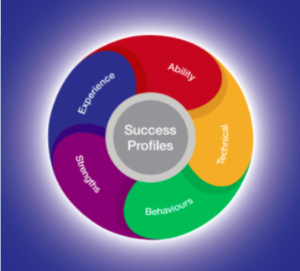
When answering a question about your behaviours in alignment with a success profile for a UK government job, particularly focusing on strengths, you’ll want to provide examples that demonstrate your ability to perform tasks effectively, consistently, and with enthusiasm. Here’s a structured approach to answering this question:
Identify Your Strengths: Reflect on your strengths. These could be specific skills, qualities, or attributes that you possess and that are relevant to the role you’re applying for. Examples could include problem-solving abilities, communication skills, attention to detail, leadership, adaptability, etc.
Select Relevant Examples: Choose specific examples from your past experiences that highlight your strengths in action. These could be from previous jobs, volunteer work, academic projects, or extracurricular activities.
STAR Method: Use the STAR method (Situation, Task, Action, Result) to structure your response. Describe the situation or task you were faced with, the actions you took to address it, and the results or outcomes of your actions.
Tailor to the Success Profile: Make sure your examples directly relate to the success profile for the UK government job you’re applying for. Review the job description and the key competencies or behaviors they’re seeking, and ensure your examples demonstrate your proficiency in those areas.
Quantify Results (if possible): Whenever possible, quantify the results of your actions. This could include metrics such as increased efficiency, cost savings, improved satisfaction, etc. Quantifying your achievements adds credibility to your claims.
Be Honest and Authentic: It’s essential to be genuine in your responses. Don’t exaggerate or fabricate examples. Instead, focus on showcasing your genuine strengths and how they align with the requirements of the role.

Example Response:
“In my previous role as a project manager, one of my key strengths was my ability to effectively communicate with diverse stakeholders. For instance, when tasked with leading a cross-functional team on a complex project, I recognized the importance of clear and concise communication to ensure everyone was aligned with the project goals. I regularly scheduled status meetings where I provided updates on project progress, addressed any concerns, and solicited feedback from team members.
As a result of this proactive communication approach, we were able to identify potential bottlenecks early on and implement solutions promptly, ultimately leading to a 20% improvement in project delivery time compared to previous projects. Additionally, team morale and collaboration significantly improved, with team members feeling more engaged and motivated throughout the project duration.
I believe this example highlights my strength in communication and its positive impact on project outcomes, which I understand is a crucial competency for success in this government role.”
Elevate your interview performance and increase your chances of securing your desired role. Book your appointment now!